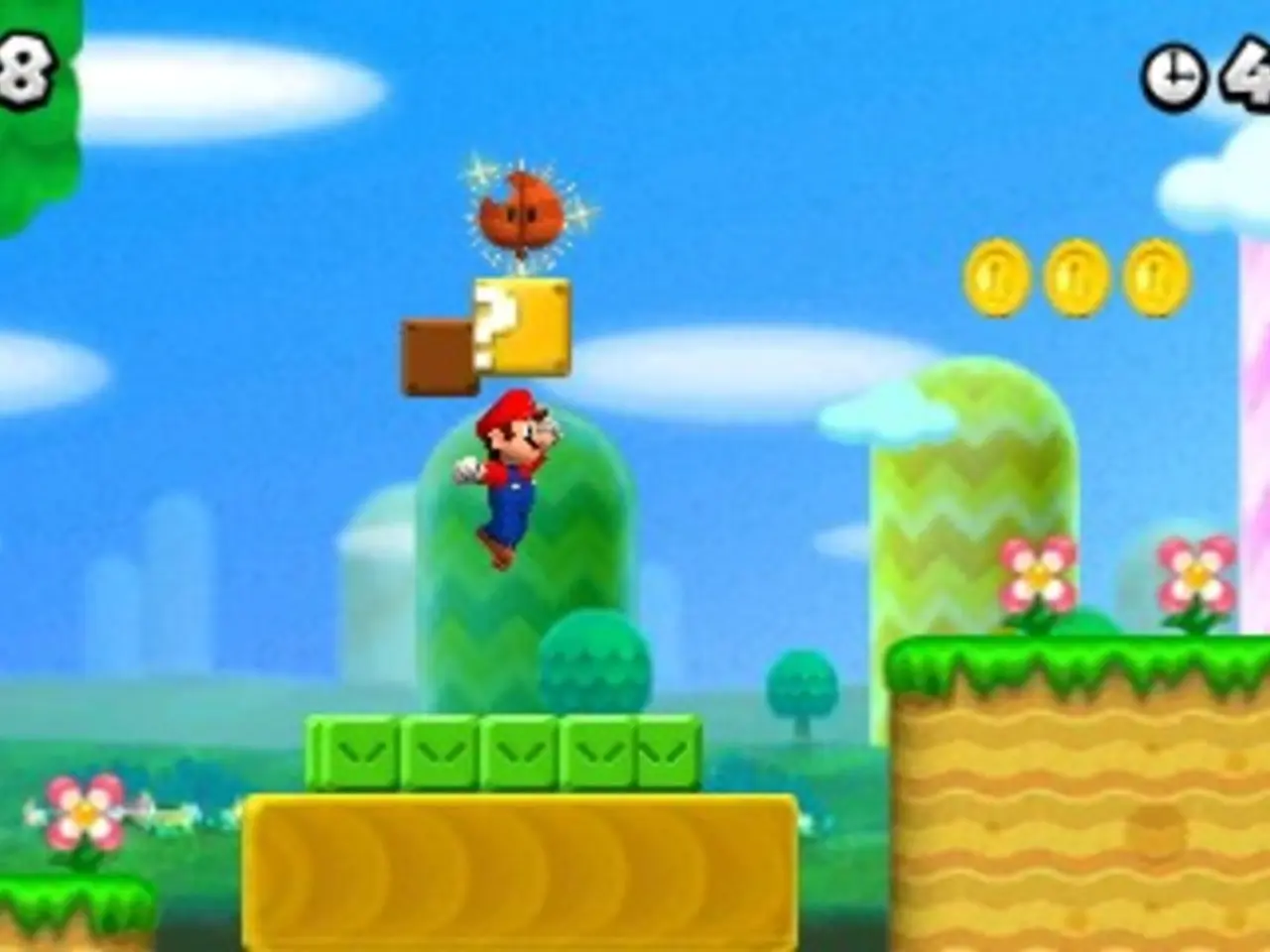Souls-Like Explained: Critical Facts You Can't Afford to Miss Out On
Exploring the Dark and Challenging Worlds of Souls-like Games
Souls-like games, a subgenre inspired by FromSoftware's Dark Souls, have captivated gamers worldwide with their high difficulty, grim fantasy settings, and unusual storytelling styles. These action RPGs first appeared with Demon's Souls in 2009 and have since become a global phenomenon, selling over 170 million copies by 2021.
Immerse yourself in shadowy, twisted worlds filled with ruin and despair. Decay seeps through stone castles and empty villages, where shadows cling to every corner, fog drifts along dark paths, and gloom tells tales of fallen kingdoms and lost hope. Combat moves feel deliberate, with every swing, dodge, or parry carefully draining your stamina bar.
Boss battles feel demanding and require genuine skill. Every win feels satisfying because you fought through hours of struggle—and plenty of painful defeats—to earn it. Storylines unfold mostly through subtle hints embedded in item descriptions, short exchanges with NPCs, and visuals scattered throughout these gloomy, decaying landscapes.
Hub areas serve as training grounds, allowing players to learn through mistakes and prepare for new battles. Most hubs provide shortcuts that link conveniently to other in-game areas, easing travel after defeating tough bosses. Each NPC has a unique story that enriches the game's lore, adding layers to the playthrough.
Souls-like games are renowned for their punishing but fair combat, deliberate gameplay pace, and enigmatic presentation. Death carries serious penalties, as if defeated, characters drop their XP on the spot, challenging players to reclaim it before losing everything. Gameplay is built around stamina-based combat, forcing players to carefully choose between attacking or defending.
Players must closely observe their surroundings while navigating unsettling landscapes to fully grasp the story in Souls-like games. Levels cleverly loop back on themselves, unlocking shortcuts that connect distant areas. Storytelling often relies on subtle clues left scattered in the environment, rather than heavy dialogue or frequent cutscenes.
Newer Soulslike titles often innovate on this formula by adding unique mechanics such as cooperative multiplayer, aging systems affecting character stats on death, or blending the style with other genres like Metroidvania. Popular Souls-like titles include Dark Souls, Bloodborne, Sekiro: Shadows Die Twice, and Elden Ring.
Unlike typical games, Souls-like titles skip simple tutorials and generous checkpoints, making them more challenging but rewarding for those who persevere. They commonly feature tough enemy encounters and challenging bosses that require pattern recognition and skill. Sparse but immersive storytelling is revealed through environmental details and item descriptions. A dark fantasy aesthetic, often with minimalist HUD and multiplayer elements integrated cleverly, further enhances the gaming experience.
Gameplay is designed to reward patience, mastery, and exploration, often eschewing more casual or fast-paced combat present in traditional action RPGs. This distinctive niche in the action RPG genre has made Souls-like games a favourite among gamers seeking a challenging and immersive gaming experience.
References: [1] Newer Souls-like Titles Continue to Innovate [Internet]. GeekTide. 2021 [cited 2021 Jan 1]. Available from: https://geektide.com/newer-souls-like-titles-continue-to-innovate/
[2] The Rise of Souls-like Games [Internet]. IGN. 2019 [cited 2021 Jan 1]. Available from: https://www.ign.com/articles/2019/03/25/the-rise-of-souls-like-games
[3] Understanding Souls-like Games [Internet]. GameSpot. 2020 [cited 2021 Jan 1]. Available from: https://www.gamespot.com/articles/understanding-souls-like-games/1100-6465729/
Engross yourself in the thrilling world of sports-analysis, dissecting the strategies and techniques that have dominated the field of sports-like gaming. Each victory demands a deep understanding of player mechanics, timing, and positioned-based attack patterns, much like in Souls-like games.
Expand your entertainment repertoire with sports games that offer a Souls-like experience, blending sports action with challenging gameplay, subtle storytelling, and punishing but fair combat. Titles such as the fictional "Elden Kick," where football players must combat not only rival teams but also unforgiving boss battles to claim victory, exemplify this innovative approach.








